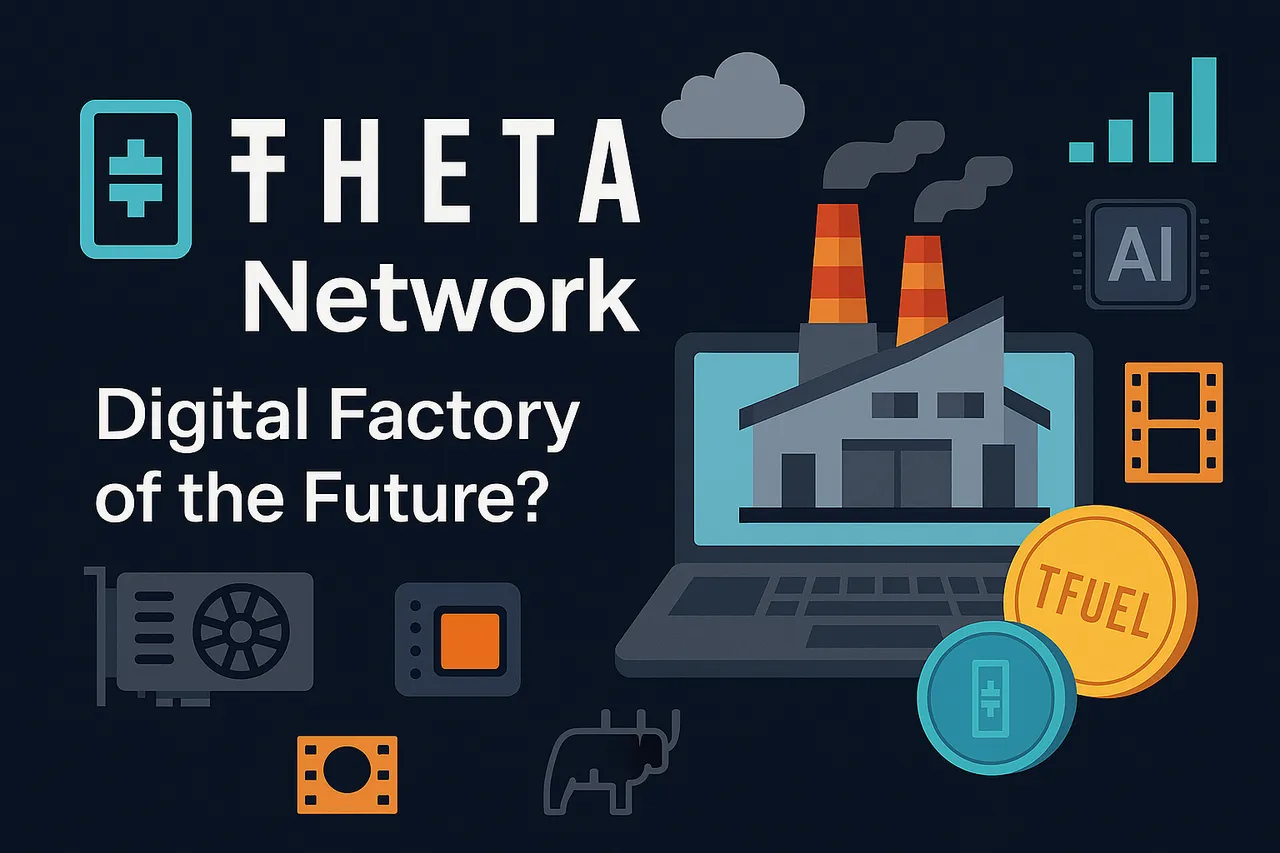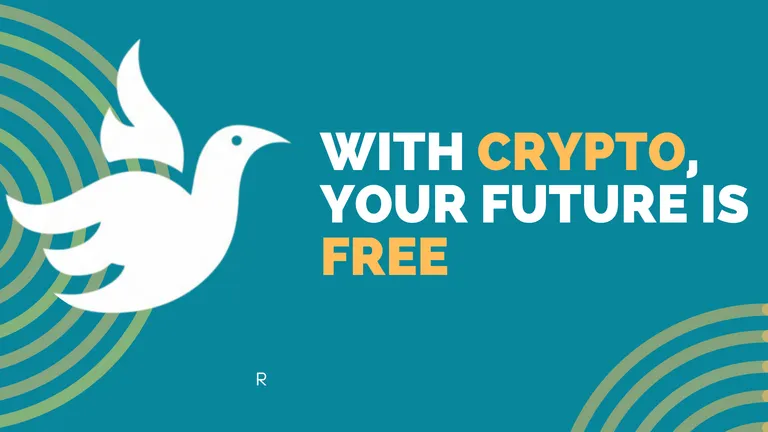
AI-generated image
In the ever-changing universe of cryptocurrencies, many projects disappear into speculative noise. However, some persist and evolve despite the volatility. THETA Network, a familiar name from the 2020 bull run, is back in the conversation in 2025 with a renewed narrative and a technical proposal that deserves a deeper look.
THETA: It's not a "cryptocurrency," it's a digital factory
The first point that breaks the mold is conceptual: THETA Network should not be considered a cryptocurrency in the classic sense. It is not money, it does not seek to be a universal store of value or a global medium of exchange like Bitcoin. Instead, THETA and its operational token TFUEL function as access and participation tokens in a type of digital factory where complex tasks are processed—from video retransmission to artificial intelligence (AI) inference. This redefines the concept of a "utility token": the THETA Token ensures governance and consensus, while TFUEL remunerates the work done on the network.
Hybrid infrastructure: between decentralization and centralization
Although many in crypto associate decentralization with freedom, in THETA the approach is hybrid. The network is managed by a company with clear (centralized) leadership, but it depends on a distributed community of nodes—PCs, laptops, and mobile phones—that provide bandwidth and computing power. Is it decentralized? Yes and no. The geographical infrastructure is decentralized, but the roadmap, alliances, and protocol are directed by the organization behind THETA. In that sense, it is more of a collaborative startup than a DAO.
THETA Edge Cloud and the inference boom
From its beginnings as a streaming solution, THETA has evolved into a more technical and strategic proposal: THETA Edge Cloud, a hybrid cloud optimized for artificial intelligence inference tasks. What is inference? In AI, it is the process of running already trained models. This is different from training, which requires massive clusters and ultra-low latency (an area still dominated by Nvidia and large data centers). THETA is positioned as an efficient solution for distributing inference jobs, leveraging its 30,000 GPUs connected worldwide.
A game-changing alliance?
The most notable point is the alliance with AWS (Amazon Web Services). The combination of Amazon's Trainium and Inferentia chips and THETA's distributed computing power allows for savings of between 20% and 30% in operating costs, according to preliminary reports. This move suggests that the network is moving from paper to the real world. This partnership has profound implications: it reinforces the viability of the hybrid model and confirms that there is tangible demand for the network, especially given the energy and cooling challenges faced by tech giants.
Economic potential: how does it translate into token usage?
This is where TFUEL comes into play, whose real utility is to pay for the work done within the network. Unlike merely speculative tokens, TFUEL represents an economy based on real electricity consumption and computing power, which gives it an economic logic closer to the Bitcoin model than to that of many altcoins. The challenge is to ensure that the nodes have quality GPUs and are connected long enough to deliver viable jobs. If this is met, the network can scale and attract more corporate demand. If not, the promise dissipates.
Risks: where can we fail?
- Lack of real corporate demand (30% probability).
- Mediocre node quality (30%).
- Technical or regulatory failure (15% and 10%, respectively).
Although these risks exist, THETA's technical evolution and its prudence in regulatory terms (SEC registration, absence of invasive marketing) decrease the probability of an abrupt negative outcome.
How to participate actively in this ecosystem?
If you own tokens, it is not enough to just hold them. Put them to work. The best service to the network is to operate an Edge node with adequate hardware—ideally a high-end PC—to receive inference tasks and generate TFUEL continuously. Additionally, the THETA Token also produces TFUEL via staking, which makes it an asset with a "yield," similar to bonds in traditional finance. But again: this is not money, it is functional access to a digital factory.
Conclusion: is THETA Network a fantasy?
No. It is a technical proposal with demonstrable evolution, a significant strategic alliance, and a community that can make a difference if it decides to commit. But its success will depend on real demand, robust nodes, and the organic use of its infrastructure. THETA does not seek to replace money: it seeks to be the engine of a new distributed digital economy, where each active GPU represents a cell in a large global processing network.
If this project intrigues you, investigate further, go to the THETA blog on Medium, join their community on X, and consider if you have the resources to participate actively. It's not about speculating—it's about building with others.
This article is exclusively educational. It does not constitute financial advice or investment recommendations. Any decision must be preceded by rigorous research and adapted to your personal profile and objectives.
Would you like me to help you design visual or infographic content to communicate this proposal on social media?
